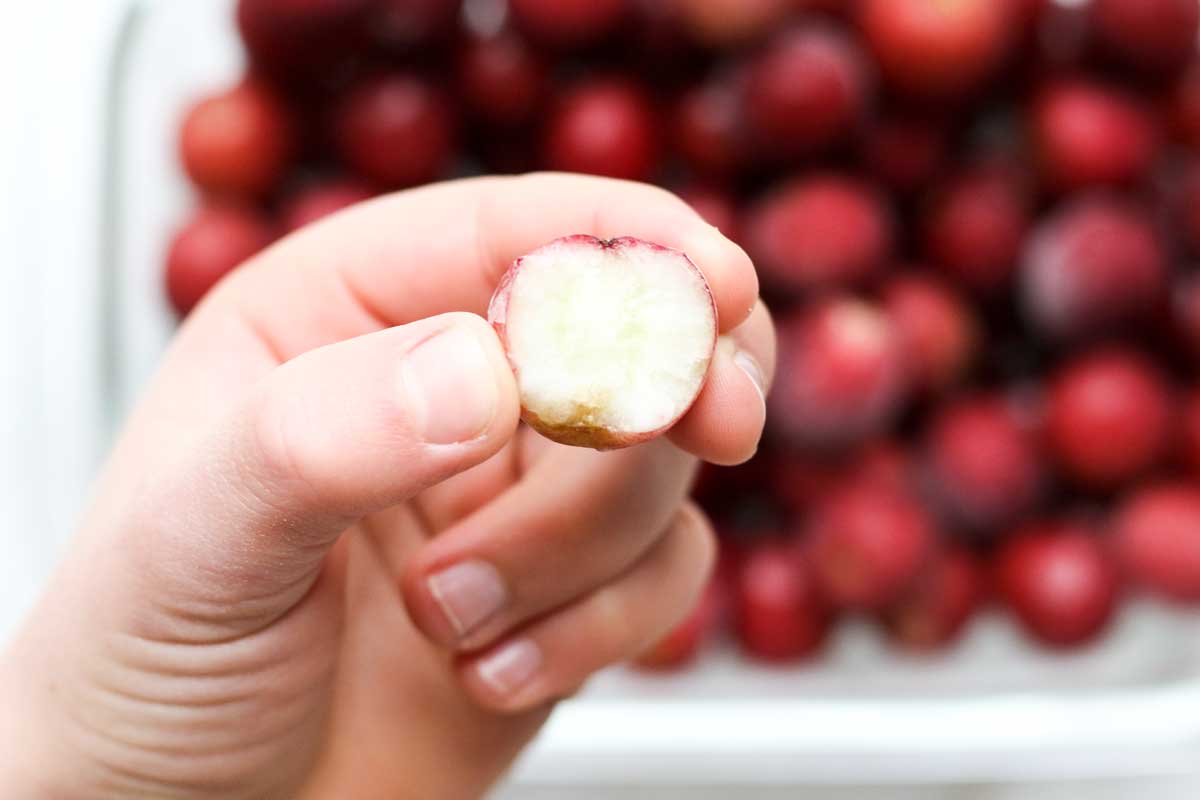

Articles
How Long Do Grapes Last In The Freezer
Modified: October 20, 2024
Discover how long grapes can last when stored in the freezer and get useful tips on preserving their flavor and quality. Read more in our informative articles.
(Many of the links in this article redirect to a specific reviewed product. Your purchase of these products through affiliate links helps to generate commission for Storables.com, at no extra cost. Learn more)
Introduction
Have you ever wondered what to do with that surplus of grapes you have? Maybe you bought too many at the grocery store or harvested more than you can consume. Instead of letting them go to waste, freezing grapes is a great way to preserve their freshness and enjoy them for an extended period of time.
Freezing grapes is a simple and convenient method that allows you to enjoy their sweet and juicy goodness even when they are out of season. Whether you want to use them in smoothies, desserts, or simply enjoy them as a refreshing snack, freezing grapes can extend their shelf life while maintaining their flavor and texture.
In this article, we will explore how long grapes can last in the freezer and discuss the factors that affect their shelf life. We will also provide you with helpful tips on proper packaging and storage techniques to ensure the best quality for your frozen grapes. So, let’s dive in!
Key Takeaways:
- Freeze grapes to extend their shelf life and enjoy their sweetness year-round. Proper packaging, labeling, and thawing techniques ensure optimal quality and versatility in recipes.
- Experiment with frozen grapes in smoothies, desserts, and as refreshing snacks. Follow precautions, freezing times, and storage tips for the best flavor and texture.
Read more: How Long Do Cupcakes Last In Freezer
Factors Affecting the Shelf Life of Grapes
When it comes to the shelf life of grapes in the freezer, several factors come into play. Understanding these factors will help you determine how long you can store your frozen grapes and maintain their quality.
Variety: Different grape varieties have varying shelf lives. Some grape varieties, like seedless grapes, tend to have a longer shelf life when frozen compared to others. It’s important to note that the texture and taste may vary slightly after freezing, so it’s best to experiment with different grape varieties to find your preference.
Ripeness: The ripeness of grapes at the time of freezing can affect their shelf life. Grapes that are fully ripened and at their peak will typically have a shorter storage life compared to slightly underripe grapes. However, both fully ripened and slightly underripe grapes can be successfully frozen and used.
Quality: It goes without saying that the quality of the grapes prior to freezing will impact their shelf life. Choose grapes that are free from any bruises, blemishes, or signs of decay. Damaged grapes may not freeze or thaw properly, resulting in an unpleasant texture or taste.
Preparation: How you prepare the grapes before freezing can also affect their shelf life. It is recommended to thoroughly rinse the grapes under running water and pat them dry before freezing. Removing the stems is optional but can make it easier to use the frozen grapes later on.
Storage Temperature: The temperature at which you store your frozen grapes plays a crucial role in extending their shelf life. It is important to maintain a constant freezing temperature of 0°F (-18°C) or lower. Fluctuations in temperature can result in the formation of ice crystals, leading to freezer burn and deteriorated quality.
Container Quality: The type of container you use to store the grapes in the freezer is significant. It is best to use airtight containers or freezer-safe bags that are specifically designed for freezing food. These containers will help prevent freezer burn and maintain the flavor and quality of the grapes.
By considering these factors and taking proper precautions, you can ensure that your frozen grapes stay fresh and delicious for an extended period of time. In the next section, we will delve into the benefits of freezing grapes and provide you with some important precautions to keep in mind.
Freezing Grapes: Benefits and Precautions
Freezing grapes offers numerous benefits, making it a popular method of preserving these delicious fruits. Let’s explore some of the advantages of freezing grapes and the precautions you should take.
Extended Shelf Life: Freezing grapes significantly extends their shelf life compared to keeping them in the refrigerator. While fresh grapes typically last only a week or two in the fridge, frozen grapes can last for several months, allowing you to enjoy their flavor and nutritional benefits year-round.
Convenience and Accessibility: Having a stash of frozen grapes in your freezer provides you with a convenient and accessible snack or ingredient for various recipes. They are perfect for adding to smoothies, desserts, or even as a refreshing topping for salads.
Preservation of Nutritional Value: Freezing grapes helps preserve their nutritional value. Grapes are rich in antioxidants, vitamins, and minerals, and freezing them helps retain these beneficial properties. The freezing process helps to lock in the nutrients, ensuring that you still get the health benefits even after freezing.
Precautions: While freezing grapes is a simple and effective way to preserve them, there are a few precautions you should keep in mind:
- Wash and Dry: Before freezing your grapes, make sure to wash them thoroughly under running water to remove any pesticide residues or dirt. Afterwards, gently pat them dry to prevent excess moisture, which can result in freezer burn.
- Remove Excess Air: When storing grapes in freezer-safe bags, try to remove as much air as possible to prevent the formation of ice crystals. You can use a straw to suck out the air or invest in a vacuum sealer for optimum results.
- Label and Date: To keep track of the storage time, it is recommended to label your frozen grapes with the date of freezing. This will help you ensure that you use them within the recommended time frame to maintain the best quality.
- Avoid Refreezing: Once you have thawed your frozen grapes, it is best not to refreeze them. Refreezing can lead to changes in texture and taste, and may compromise their quality.
- Discard Defrosted Grapes: If you accidentally leave your frozen grapes to defrost at room temperature or in the refrigerator for an extended period, it is important to discard them. Defrosted grapes can harbor bacteria and pose a risk to your health.
By following these simple precautions, you can ensure that your frozen grapes maintain their quality and remain safe for consumption. In the next section, we will explore the proper packaging and storage techniques to maximize the shelf life of frozen grapes.
Proper Packaging and Storage Techniques
Proper packaging and storage techniques are crucial to maintaining the quality and flavor of your frozen grapes. Follow these guidelines to ensure that your grapes stay fresh for an extended period of time.
Airtight Containers: Use airtight containers made of plastic or glass that are specifically designed for freezer storage. These containers help prevent air and moisture from seeping in, minimizing the risk of freezer burn and preserving the taste and texture of the grapes.
Freezer-Safe Bags: Another option is to use freezer-safe plastic bags. These bags are durable and have a thick material that helps protect the grapes from freezer burn. Make sure to squeeze out excess air before sealing the bags to maintain optimal quality.
Portion Sizes: Consider packing your grapes in portion sizes that suit your needs. By dividing them into smaller portions, you can easily take out only the amount you need, minimizing the need for thawing and refreezing, which can affect the quality of the grapes.
Labeling: To keep track of the storage time, it is important to label your containers or bags with the date of freezing. This will help you use the oldest grapes first and ensure that you consume them within the recommended time frame.
Cooling Before Freezing: It is recommended to cool your grapes in the refrigerator for a few hours before transferring them to the freezer. This step helps maintain the quality and texture of the grapes during the freezing process and reduces the formation of ice crystals.
Separation: If you are freezing grapes that are not individually separated, such as clusters, consider separating them before freezing. This will help prevent them from freezing together into a solid mass, making it easier to remove individual grapes when needed.
Storage Location: Choose a suitable location in your freezer for storing the grapes. It is ideal to place them in the back of the freezer, where the temperature remains the most stable. Avoid storing them near the freezer door, as this area is more prone to temperature fluctuations.
Minimal Stacking: Avoid stacking containers or bags on top of each other immediately after freezing. Allow some space between the containers to promote better airflow and prevent the grapes from getting squished or damaged.
By following these packaging and storage techniques, you can ensure that your frozen grapes maintain their quality, flavor, and nutritional value for an extended period of time. In the next section, we will discuss the recommended freezing time for grapes.
Recommended Freezing Time for Grapes
The recommended freezing time for grapes varies depending on the type of grape and the desired usage. However, in general, it is recommended to freeze grapes for a minimum of 2-3 hours to ensure that they are completely frozen.
If you plan to use the grapes for snacking or as a frozen treat, you can freeze them until they are solid. This typically takes around 4-6 hours, but it’s best to check on them periodically to ensure they have frozen through.
On the other hand, if you intend to use the frozen grapes in smoothies, desserts, or recipes, freezing them until just solid is often sufficient. This allows them to retain some softness, making them easier to blend or incorporate into dishes.
It is important to note that freezing grapes for an extended period can affect their texture slightly. They may become slightly softer upon thawing, which can be desirable for some uses like smoothies but may not be ideal for eating as a snack. Experiment with different freezing times to find the texture that suits your preferences.
Remember to keep track of the freezing time and use the oldest grapes first to maintain the best quality. If properly stored, frozen grapes can last up to 12 months in the freezer, but it’s recommended to consume them within 6-8 months for the best flavor and texture.
Now that you have a better understanding of the recommended freezing time for grapes, let’s move on to the next section where we will discuss how to thaw and use your frozen grapes.
To extend the shelf life of grapes in the freezer, make sure to wash and dry them thoroughly before placing them in an airtight container or freezer bag. This will help prevent freezer burn and maintain the quality of the grapes for up to 10-12 months.
Read more: How Long Do Waffles Last In The Freezer
Thawing and Using Frozen Grapes
Thawing frozen grapes is a simple process that allows you to enjoy their natural sweetness and juiciness. Here are some methods for thawing and using your frozen grapes:
Refrigerator Method: The recommended method for thawing frozen grapes is to transfer them from the freezer to the refrigerator. Place the sealed container or bag of frozen grapes in the refrigerator and allow them to thaw overnight. Thawing in the refrigerator helps maintain the grape’s texture and prevents them from becoming too soft.
Room Temperature Method: If you need the grapes to thaw more quickly, you can leave them at room temperature for about 30 minutes to an hour. This method is suitable if you plan to use the grapes immediately. However, keep in mind that the grapes may become slightly softer compared to thawing in the refrigerator.
Using Frozen Grapes: There are various ways to use frozen grapes once they are thawed:
- Snacking: Thawed grapes can be enjoyed as a delicious and refreshing snack. They retain their naturally sweet flavor and have a slightly firm texture. You can serve them as is or slightly chill them for an extra burst of freshness.
- In Smoothies: Frozen grapes add a delightful sweetness and a smooth texture to smoothies. Once thawed, simply blend them with your favorite fruits, yogurt, and a liquid of your choice for a refreshing and nutritious smoothie.
- In Desserts: Thawed grapes can be used in a variety of desserts, such as fruit salads, pies, tart fillings, or atop desserts like ice cream or yogurt. They can add a burst of flavor and a juicy element to your favorite sweet treats.
- As Garnishes: Thawed grapes make beautiful and edible garnishes for drinks or desserts. Use them to add a pop of color and a touch of elegance to your creations.
Remember, once grapes have been thawed, it’s best not to refreeze them. Use them promptly and enjoy their deliciousness!
In the next section, we will provide you with some additional tips for using frozen grapes in recipes to enhance your culinary adventures!
Tips for Using Frozen Grapes in Recipes
Using frozen grapes in recipes can add a burst of flavor, sweetness, and a unique texture to your culinary creations. Here are some tips to make the most out of frozen grapes in your recipes:
1. Smoothie Enhancer: Frozen grapes are perfect for adding a sweet and refreshing twist to your smoothies. Blend them with other fruits, yogurt, and your preferred liquid for a delicious and nutritious beverage.
2. Frozen Grape Sorbet: Turn your frozen grapes into a yummy sorbet. Blend the frozen grapes in a food processor or high-speed blender until smooth and creamy. You can add a touch of honey or your preferred sweetener to enhance the flavor.
3. Fruit Salads: Thawed frozen grapes can be a delightful addition to fruit salads, adding a burst of sweetness and juiciness. Combine them with other fruits like melons, berries, and citrus for a refreshing and colorful salad.
4. Dessert Toppings: Use thawed frozen grapes as a topping for ice cream, yogurt, or pudding. They add a burst of flavor, natural sweetness, and a delightful texture to your favorite desserts.
5. Baking Delights: Incorporate frozen grapes into your baking endeavors. They can be a delicious addition to muffins, bread, cakes, and even pies. Simply fold them gently into your batter before baking for a delightful surprise.
6. Infused Water: Drop a few frozen grapes into your water pitcher to create a naturally flavored and refreshing drink. As the grapes thaw, they release their sweet flavor and infuse the water with a subtle fruity taste.
7. Wine and Sangria: Frozen grapes can elevate your wine or sangria experience. Use them as frozen substitutes for ice cubes to keep your drink chilled without diluting the flavor.
8. Frozen Grape Skewers: Thread thawed frozen grapes onto skewers with other fruits or cheese cubes for a fun and nutritious snack or appetizer. It’s a great way to showcase the vibrant colors and flavors of frozen grapes.
Get creative and experiment with different recipes to discover new and exciting ways to incorporate frozen grapes into your culinary adventures. The versatility and unique flavor of frozen grapes can add a delightful twist to your dishes.
Now that you have learned various tips and tricks for using frozen grapes, let’s move on to the frequently asked questions about freezing grapes.
FAQs about Freezing Grapes
Here are some frequently asked questions about freezing grapes:
Q: Can you freeze grapes with seeds?
A: Yes, you can freeze grapes with seeds. However, keep in mind that the texture of the seeds may change slightly after freezing and thawing. If the presence of seeds is undesirable, consider removing them before freezing.
Q: Can you freeze grapes on the vine?
A: It is not recommended to freeze grapes on the vine. Freezing them individually or in clusters without the vine allows for better airflow and prevents them from sticking together.
Q: Can you freeze grapes without washing them?
A: It is always best to wash grapes before freezing them to remove any dirt or pesticide residues. Rinse them under running water and pat them dry before placing them in containers or bags for freezing.
Q: How long can you store frozen grapes?
A: If stored properly in airtight containers or freezer-safe bags, frozen grapes can last up to 12 months in the freezer. However, for the best flavor and texture, it is recommended to consume them within 6-8 months.
Q: Can you refreeze thawed grapes?
A: It is not recommended to refreeze thawed grapes. Once they have thawed, their texture may become softer, and refreezing can further affect their quality and taste.
Q: Can you use frozen grapes as ice cubes?
A: Frozen grapes can be a delicious and refreshing substitute for ice cubes in drinks. They keep your beverage chilled without diluting the flavor.
Q: Can you use frozen grapes in cooking?
A: Absolutely! Frozen grapes can be used in a variety of recipes, including smoothies, desserts, salads, and even baked goods. They add flavor, sweetness, and a unique texture to your dishes.
Q: How should I store leftover thawed grapes?
A: If you have leftover thawed grapes, store them in an airtight container in the refrigerator for up to 2-3 days. However, keep in mind that their texture may become slightly softer after thawing.
Q: Are there any safety concerns with freezing grapes?
A: As with any food, it’s important to handle and store grapes properly to ensure food safety. Make sure to wash them thoroughly before freezing and discard any grapes that have been left to defrost at room temperature for an extended period.
Feel free to experiment with different freezing and usage methods to find what works best for you. Now that you have these FAQs answered, let’s wrap up the article.
Conclusion
Freezing grapes is a fantastic way to prolong their shelf life and enjoy their deliciousness throughout the year. By understanding the factors that affect the shelf life of grapes, properly packaging and storing them, and following recommended freezing and thawing techniques, you can ensure that your frozen grapes maintain their flavor, texture, and nutritional value.
From snacking to incorporating them into recipes, frozen grapes offer a versatile and convenient option for adding a burst of sweetness and juiciness to your culinary creations. Whether you’re using them in smoothies, desserts, fruit salads, or even as a refreshing topping, frozen grapes can elevate your dishes and provide a delightful twist.
Remember to label and date your stored grapes, use the oldest ones first, and avoid refreezing them to maintain optimal quality. Proper handling, washing, and storage techniques will help ensure that your frozen grapes are safe for consumption and provide you with a delightful eating experience.
So, the next time you find yourself with an abundance of grapes, don’t let them go to waste. Freeze them and enjoy their deliciousness whenever you desire. With these guidelines and tips, you can make the most out of your frozen grapes and experience their flavor and juiciness all year round.
Now, go forth and freeze those grapes, knowing that you have the knowledge and techniques to enjoy them to the fullest!
Frequently Asked Questions about How Long Do Grapes Last In The Freezer
Was this page helpful?
At Storables.com, we guarantee accurate and reliable information. Our content, validated by Expert Board Contributors, is crafted following stringent Editorial Policies. We're committed to providing you with well-researched, expert-backed insights for all your informational needs.
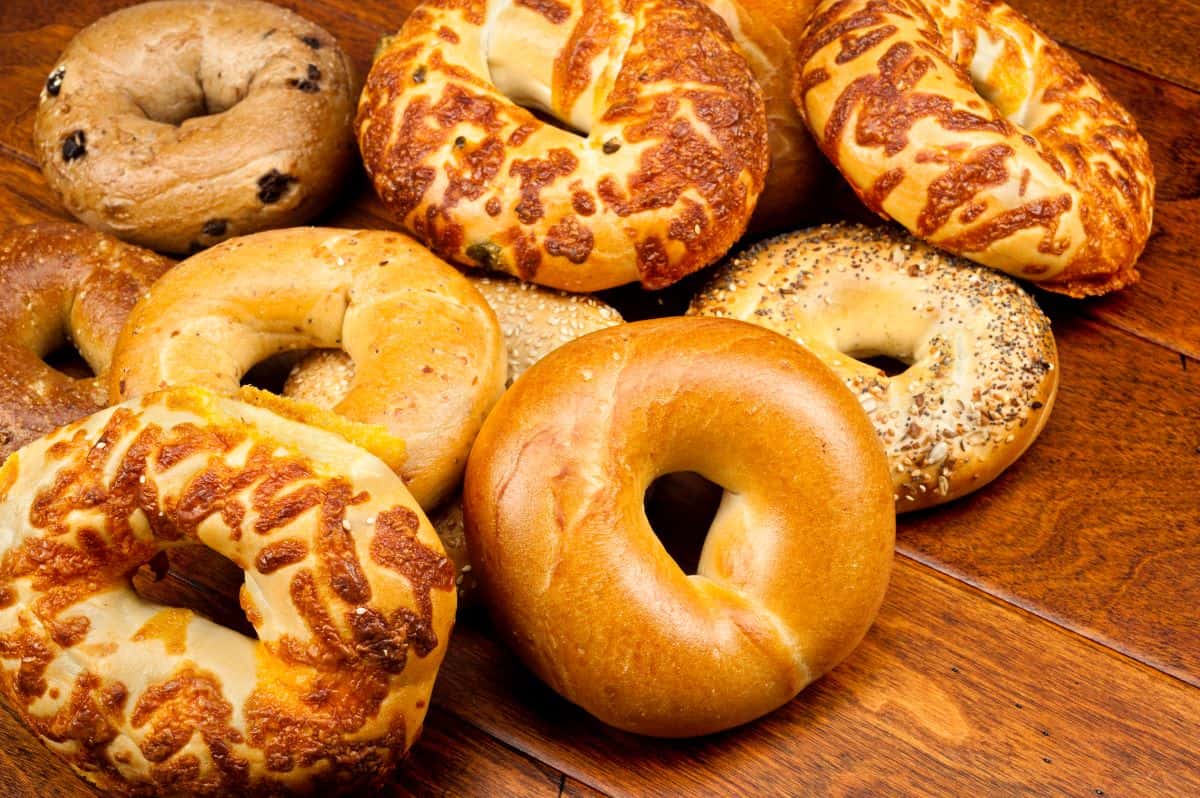
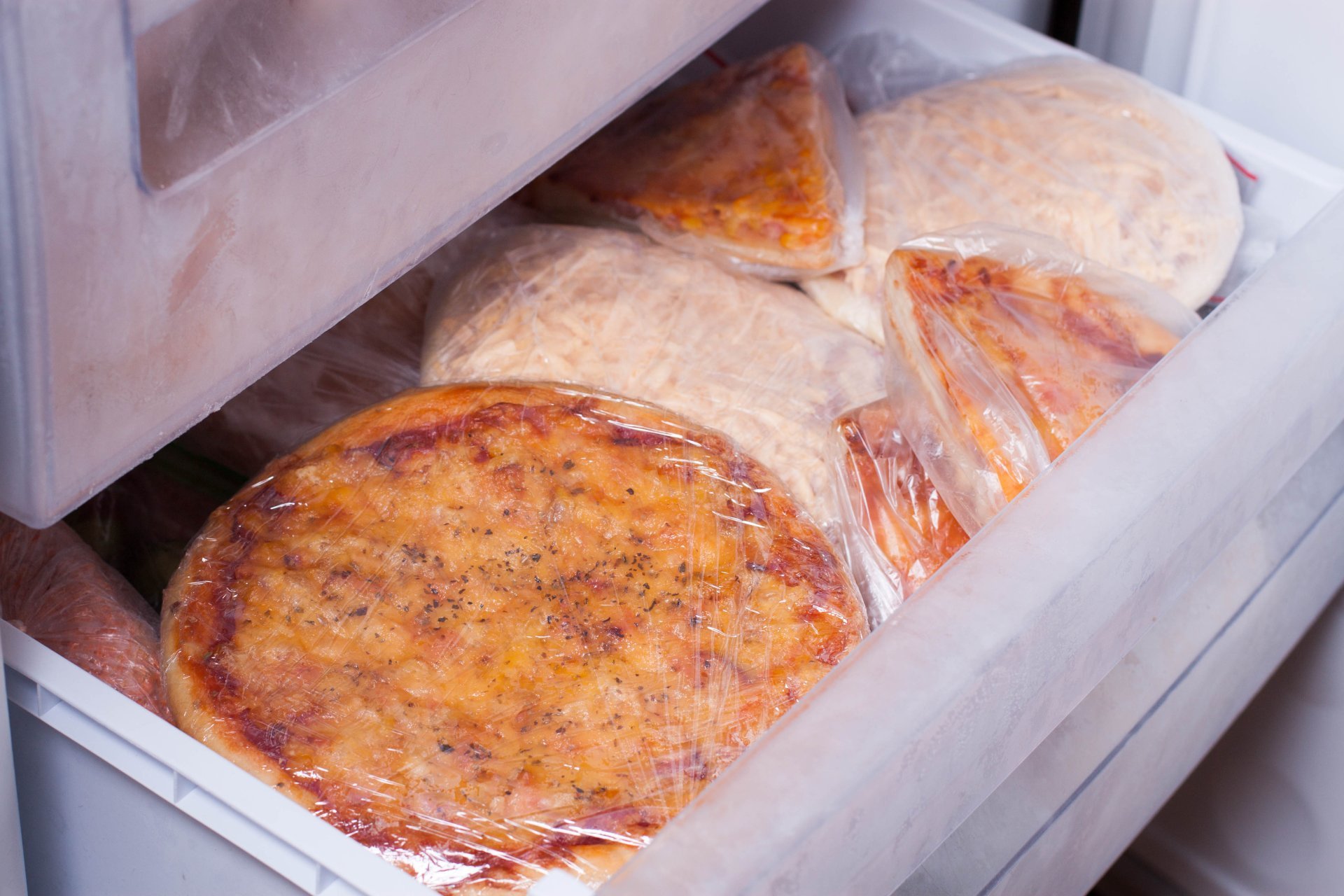
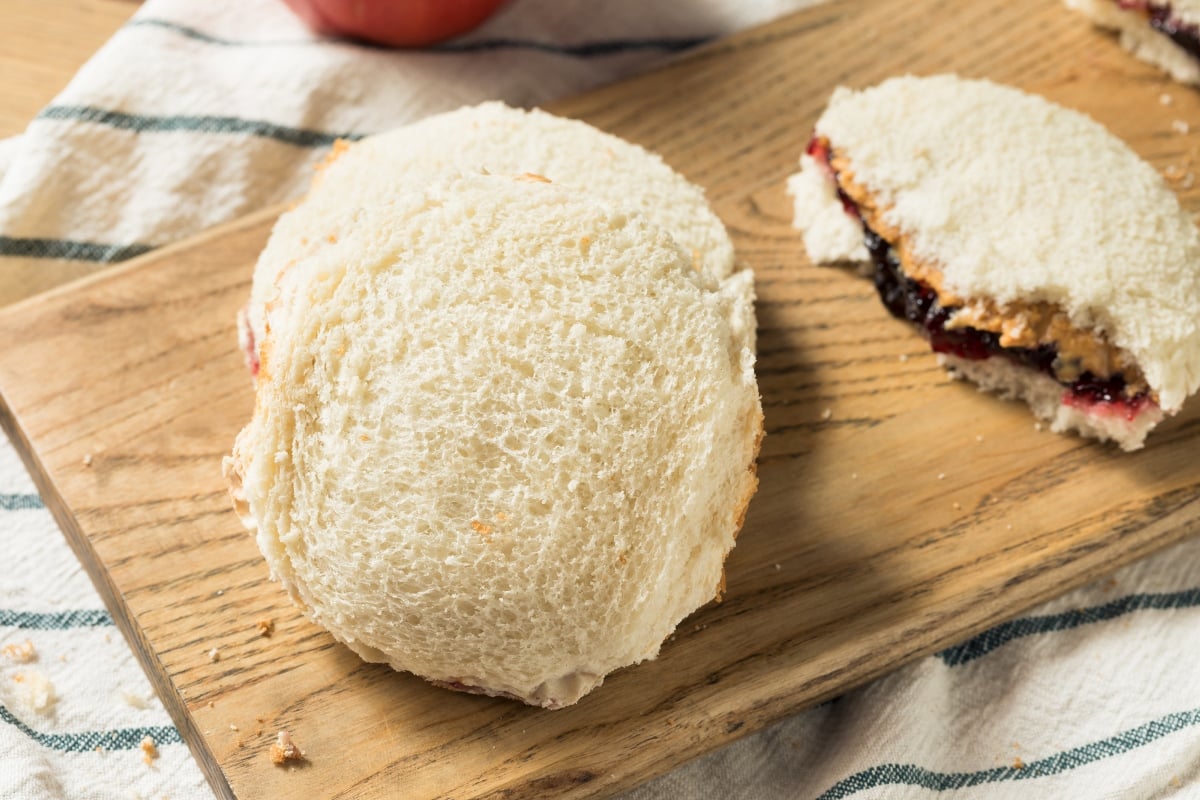
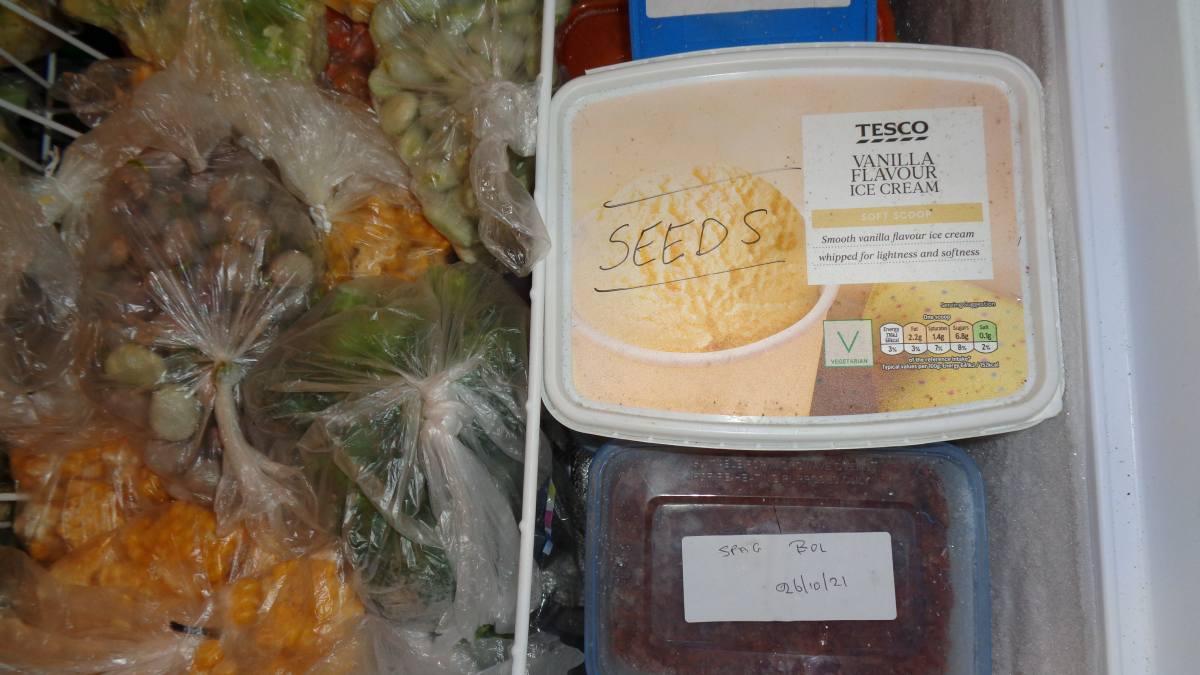


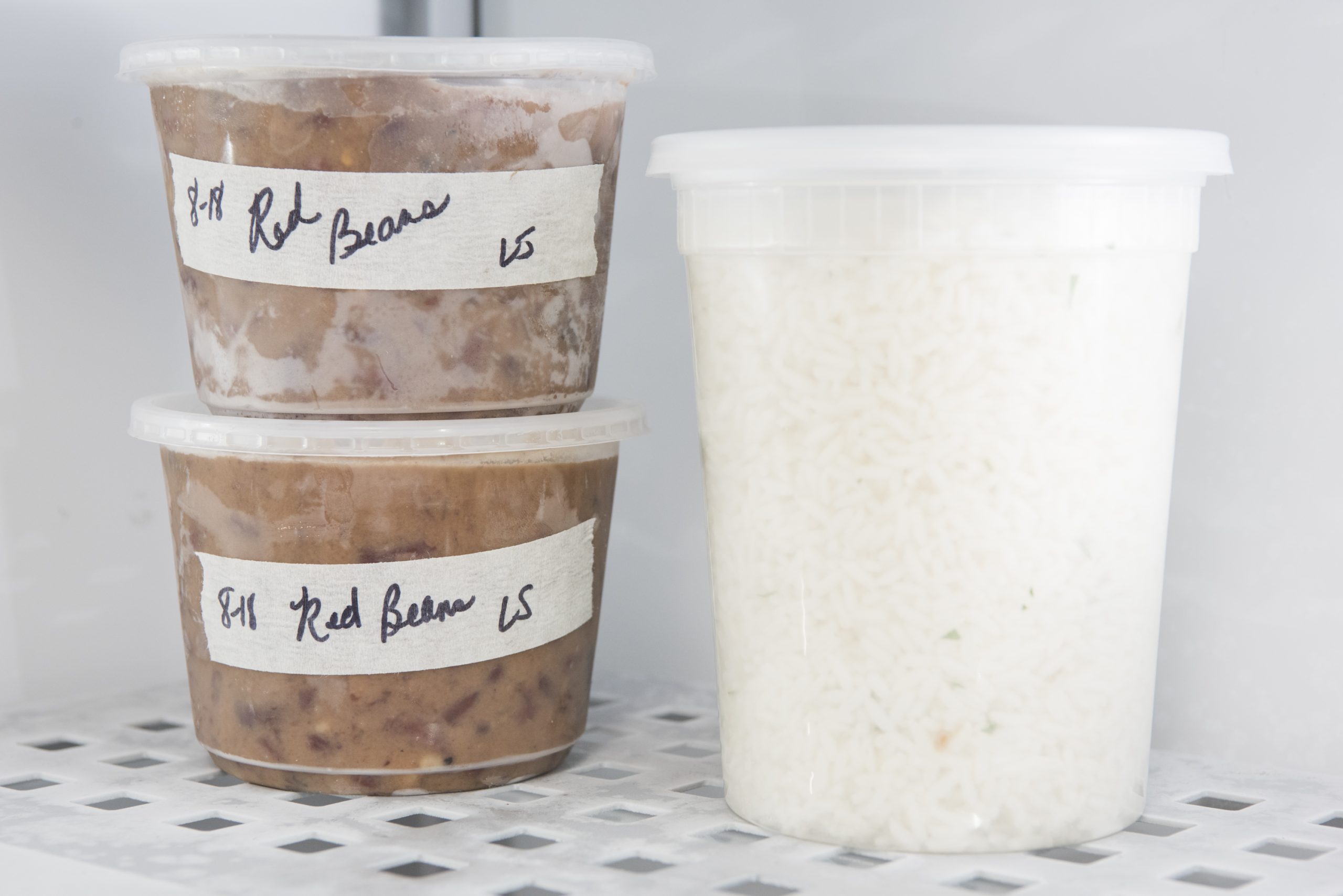
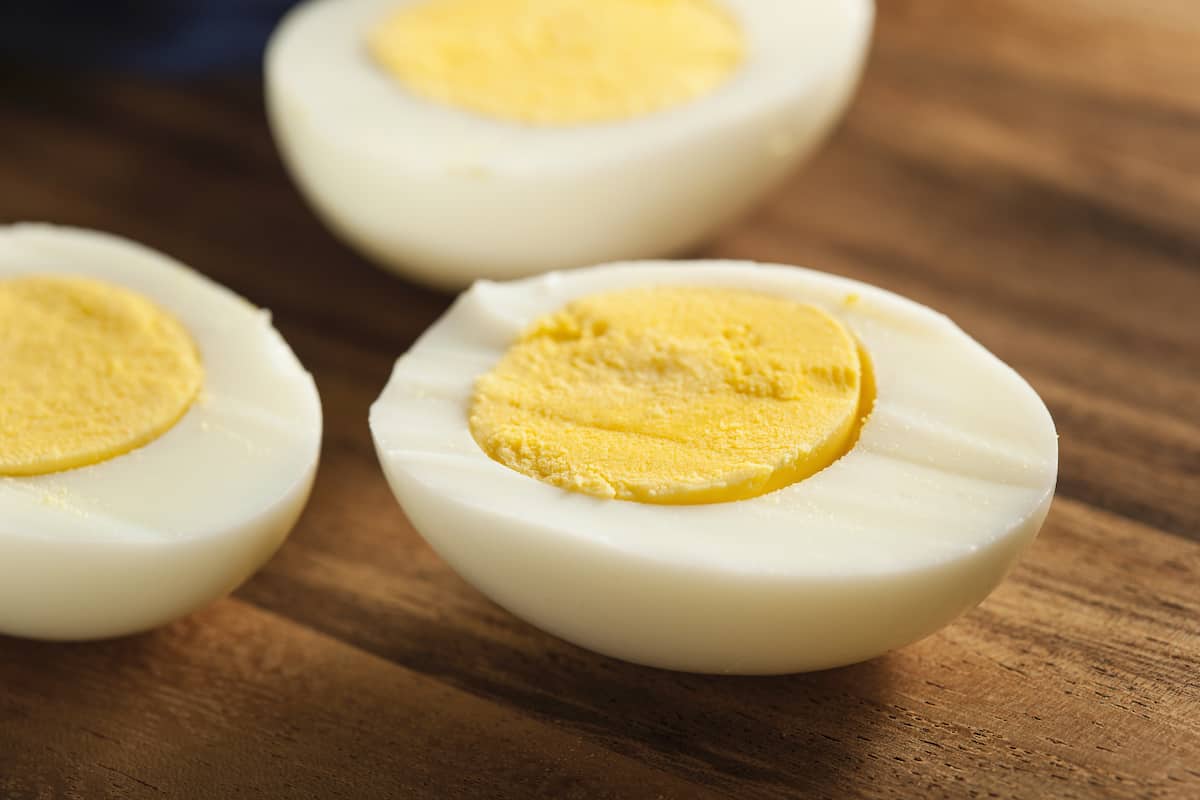
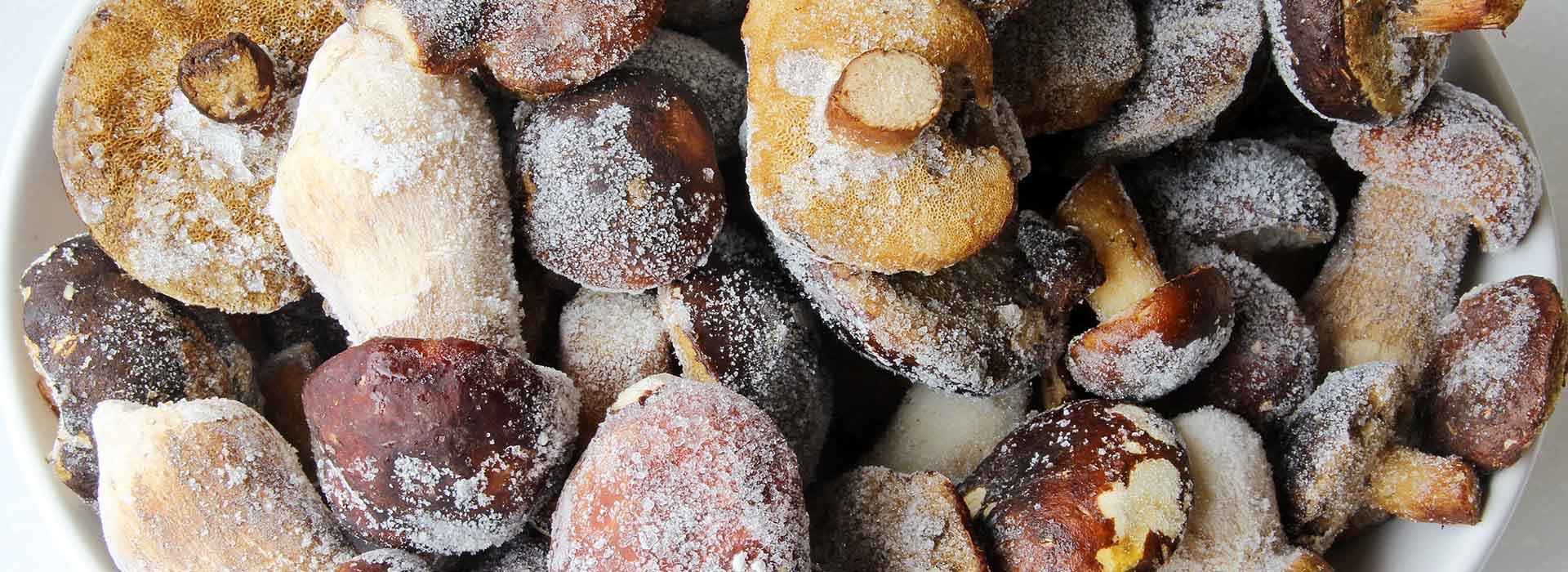
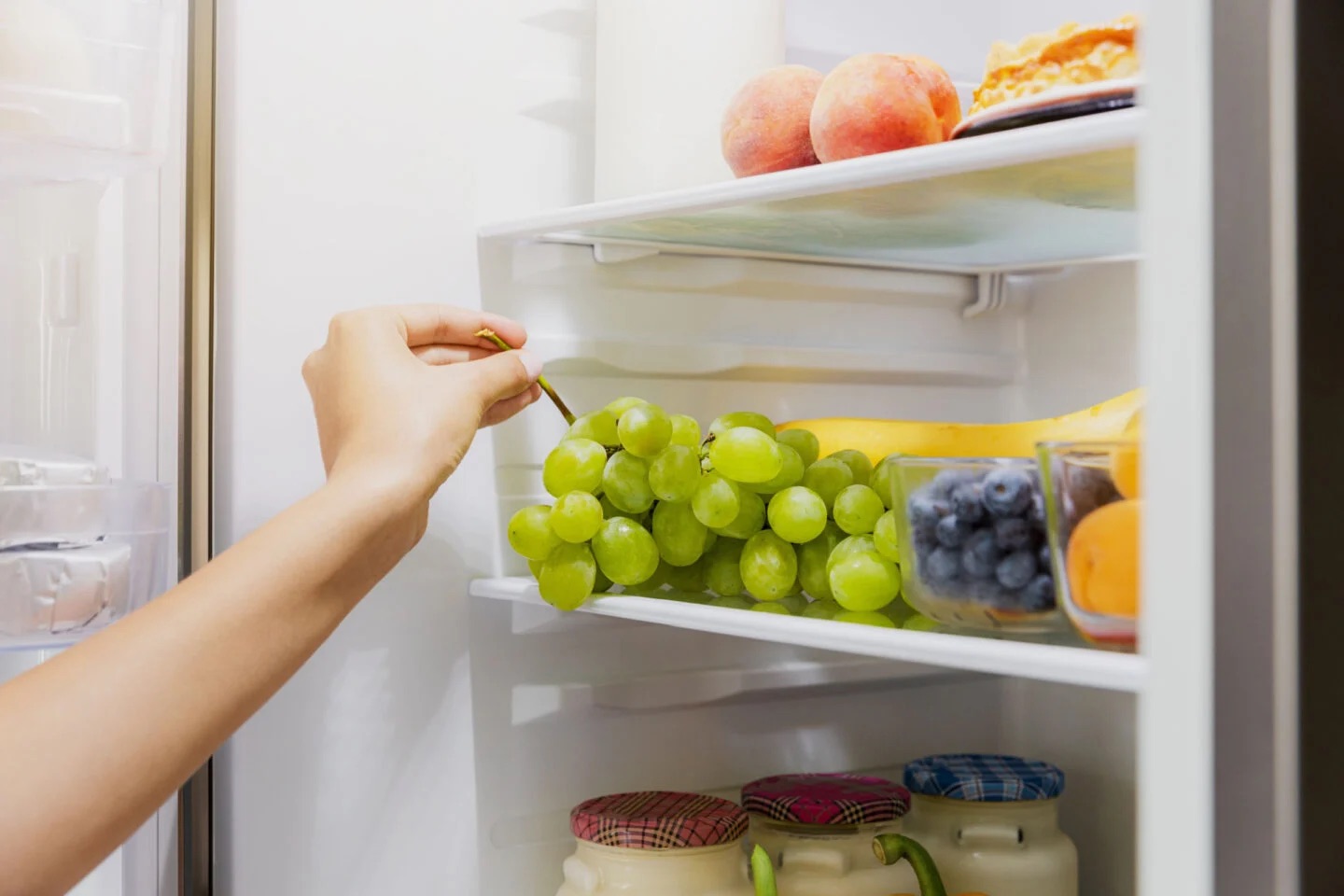

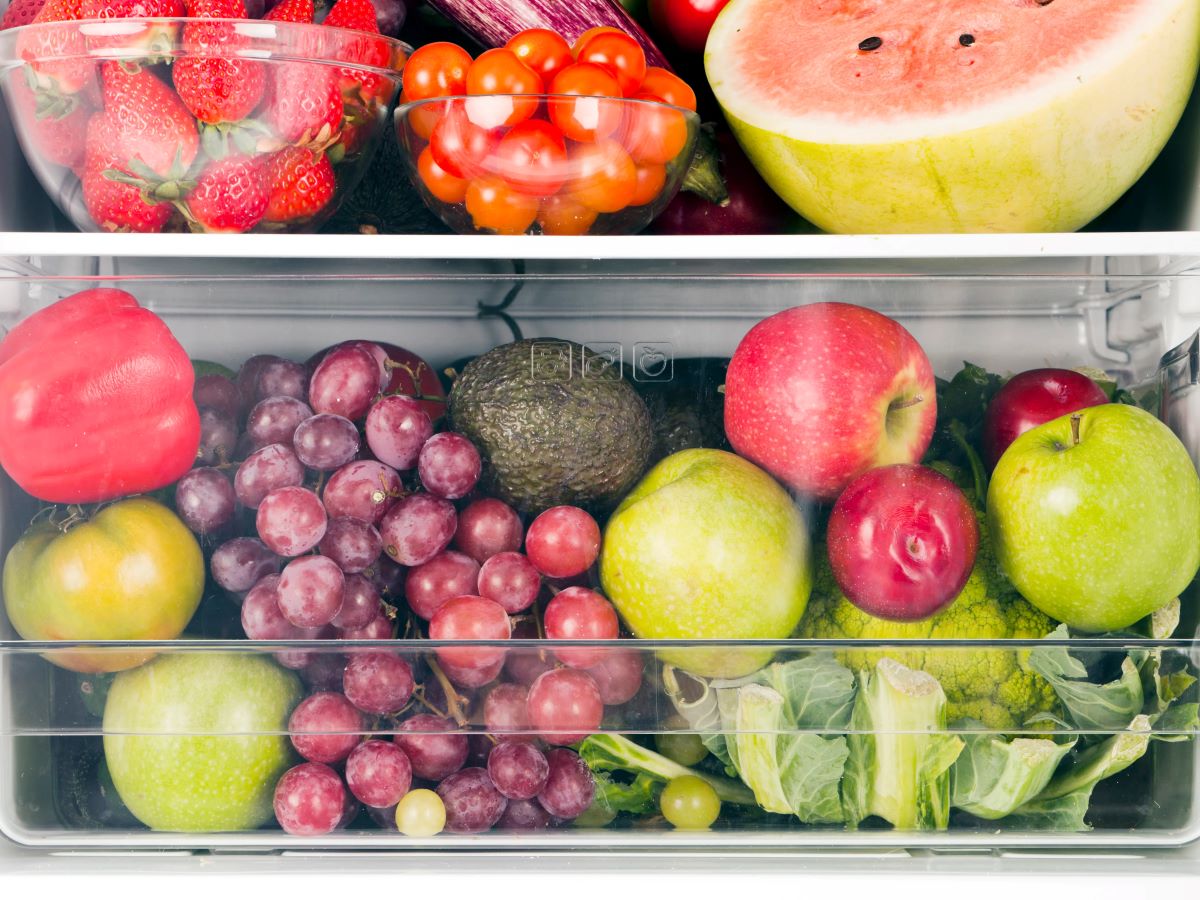
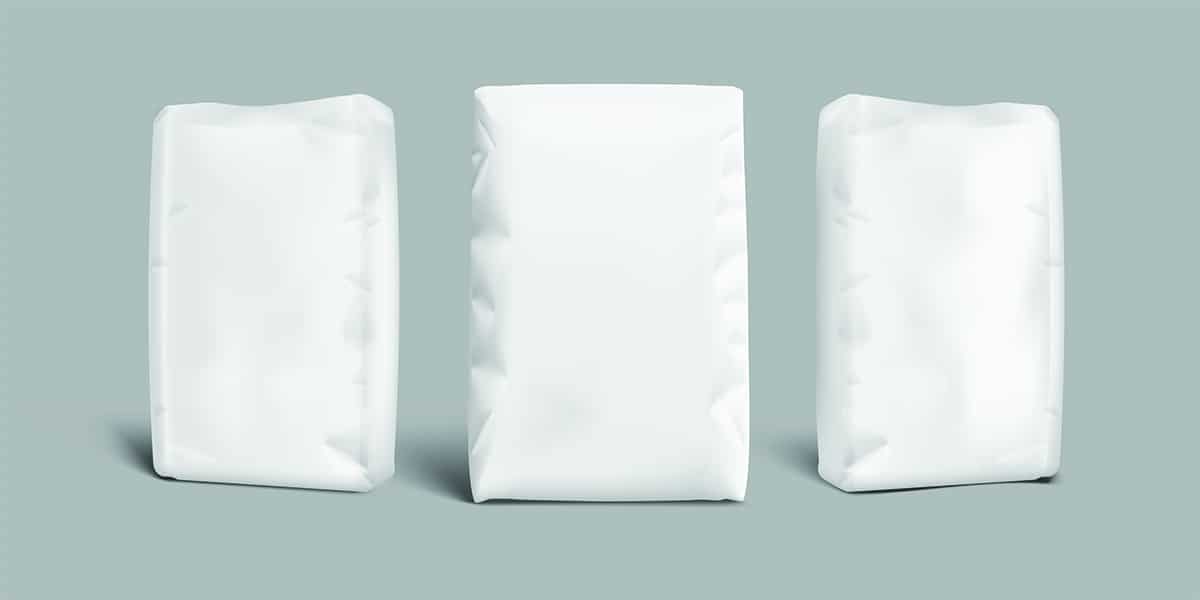
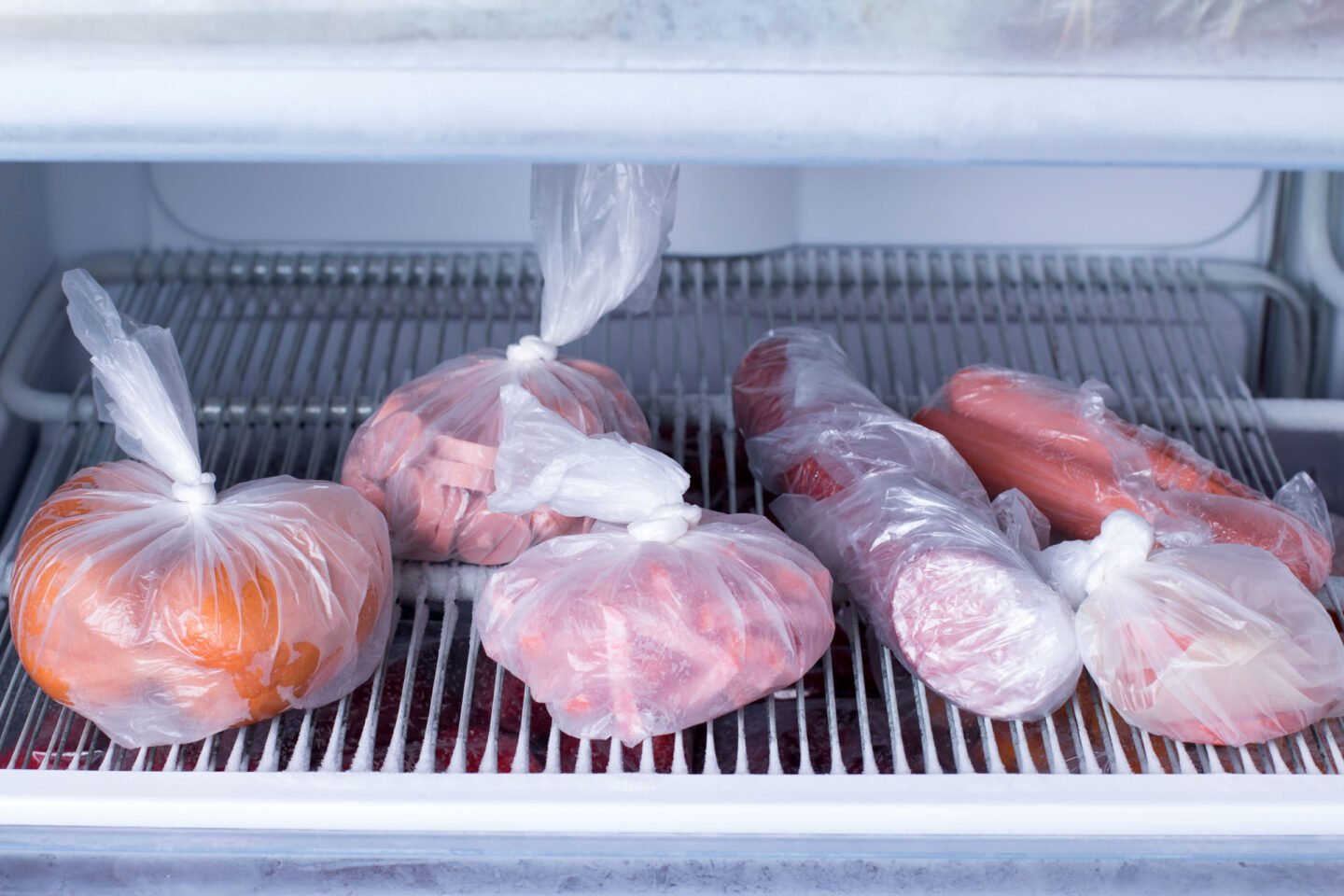

0 thoughts on “How Long Do Grapes Last In The Freezer”